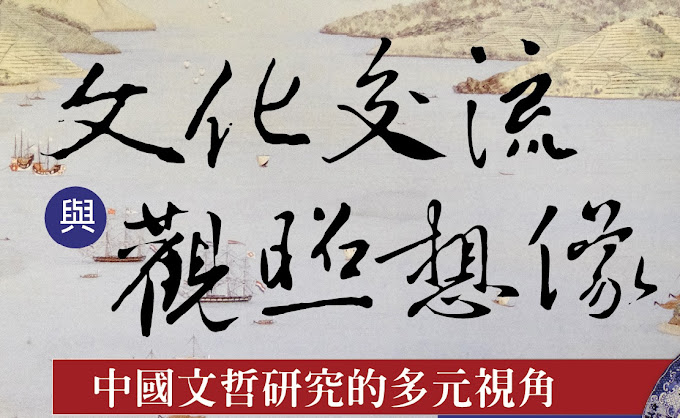主講人簡介
姓 名:何乏筆(Heubel, Fabian)
職 稱:中國文哲研究所研究員
論文題目:Hybrid Modernization and the Transcultural Turn in the Studies of Chinese Philosophy
論文摘要:
This paper assumes that the cultural and historical resources of China and Europe are in principle equidistant to “us”. Not only the supposed alterity of classical China is constructed but also the intimacy of “our” (European) relationship to classical Greece – in this sense, the internal connection between ancient Greece and modern Europe is to be regarded as Eurocentric construction and not as historical fact. Enrique Dussel speaks of an “Eurocentric ideology of German Romanticism,” which strongly emphasized a direct historical connection between ancient Greece and modern Europe that not only forms the basis of Hegel’s philosophy of history, but is, up to the present, largely accepted even by critical intellectuals in Europe as an unquestioned fact. This not only applies to Jürgen Habermas, whom Dussel explicitly criticizes, but also to Michel Foucault who, in his later work, extensively used but never really problematized the historical structure of (Greco-Roman) antiquity, medieval (Christian) and modern Europe. I am, however, convinced that the deconstruction of this historical mode of understanding the modern age is essential for fostering historical analyzes of different ways of modernization that are largely developed outside of Europe but whose research is, in Europe, confronted with the difficulty of a structurally deep-seated indifference towards non-European cultures. Therefore, this paper does not assume that China can only be fruitful for philosophy in Europe by being linguistically and historically located outside of Europe in the first place, in order to let two classical traditions of thought enter into communicative tension. Philosophical starting point is the experience of modernization as a shared problem. This is the background for reflections on the transcultural turn in the study of (Chinese) philosophy, which I discuss by addressing three key notions: hybrid modernization, intercultural dialectic and transcultural dynamics.
姓 名:何乏筆(Heubel, Fabian)
職 稱:中國文哲研究所研究員
論文題目:Hybrid Modernization and the Transcultural Turn in the Studies of Chinese Philosophy
論文摘要:
This paper assumes that the cultural and historical resources of China and Europe are in principle equidistant to “us”. Not only the supposed alterity of classical China is constructed but also the intimacy of “our” (European) relationship to classical Greece – in this sense, the internal connection between ancient Greece and modern Europe is to be regarded as Eurocentric construction and not as historical fact. Enrique Dussel speaks of an “Eurocentric ideology of German Romanticism,” which strongly emphasized a direct historical connection between ancient Greece and modern Europe that not only forms the basis of Hegel’s philosophy of history, but is, up to the present, largely accepted even by critical intellectuals in Europe as an unquestioned fact. This not only applies to Jürgen Habermas, whom Dussel explicitly criticizes, but also to Michel Foucault who, in his later work, extensively used but never really problematized the historical structure of (Greco-Roman) antiquity, medieval (Christian) and modern Europe. I am, however, convinced that the deconstruction of this historical mode of understanding the modern age is essential for fostering historical analyzes of different ways of modernization that are largely developed outside of Europe but whose research is, in Europe, confronted with the difficulty of a structurally deep-seated indifference towards non-European cultures. Therefore, this paper does not assume that China can only be fruitful for philosophy in Europe by being linguistically and historically located outside of Europe in the first place, in order to let two classical traditions of thought enter into communicative tension. Philosophical starting point is the experience of modernization as a shared problem. This is the background for reflections on the transcultural turn in the study of (Chinese) philosophy, which I discuss by addressing three key notions: hybrid modernization, intercultural dialectic and transcultural dynamics.
